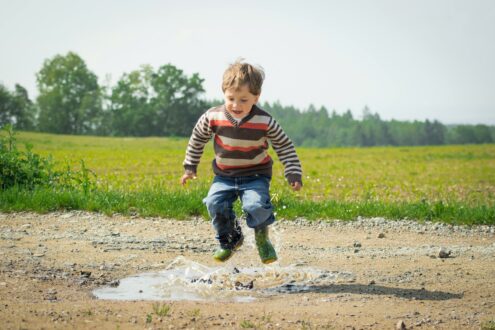Being a homeowner is something that many of us dream of, but it’s not all exactly plane sailing. There are countless things that can (and will) go wrong with your home, and it can often seem like you’re just sorting one thing out after another.
Boilers and heating systems more generally definitely fit into that bracket. There are a number of issues that you might find yourself facing, and knowing a bit more about them beforehand can make them easier to figure out and hopefully get fixed when the time eventually comes.

Low pressure
A common issue with boilers is low pressure. Most boilers need to operate at between roughly 1 and 2 bar; if you see the pressure gauge dropping outside of this range, it could start to malfunction, potentially being unable to supply hot water any more.
If this does happen, it’s important that you get the heating system looked at by a technician from somewhere like Able Plumbers. They’ll be able to identify the root cause behind the issue (such as leaks in the system) and then sort it out for you, hopefully without too much expense.
It turns itself off
While this isn’t technically a single issue, a common issue is that a boiler will simply turn off and stop working. This is generally the result of a safety feature kicking in, to avoid any further issues from occurring that could have more serious repercussions.
In many cases, the actual thing that will have broken will be the thermostat. Replacing the thermostat shouldn’t be too expensive, and won’t be too big of a job for any competent boiler technician to carry out.
Air bubbles in the radiator
While technically not an issue directly related to the boiler, air bubbles in radiators are one of the most common issues that occur in domestic heating systems.
Luckily, they’re also one of the simplest and cheapest problems to sort out. In most cases, all that you’ll need to do is bleed the radiator. This will require finding a key to unlock one of the valves at the end, waiting until any air that’s trapped in the system has hissed its way out.
A bit of water will likely also seep out as well, so you’ll probably want to put a bucket or towel underneath to avoid any big spills.
Leaks and drips
Boilers have a lot of seals and joins, some of which can fail after a certain amount of time. While seals should be cleaned and updated when you have your annual service done, it’s possible that they’ll fail between service intervals.
If this does happen, it’s important that you get someone around to fix the leak as soon as possible. Even a slow water leak can result in serious structural damage over time, and it’s important to nip the problem in the bud.
Boiler issues can be a big stress, but it’s important to recognise that they’re often actually quite easy to sort out. By spotting issues early on and adhering to preventative maintenance, you should be able to limit any issues and keep breakdowns to an absolute minimum.







Leave a Reply